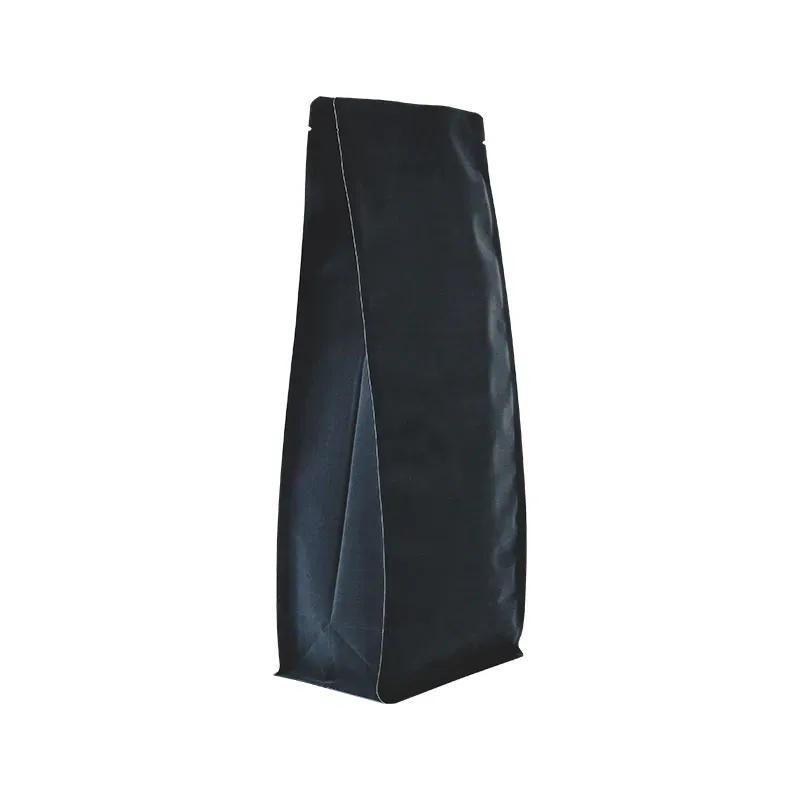- Afrikaans
- Albanian
- Amharic
- Arabic
- Armenian
- Azerbaijani
- Basque
- Belarusian
- Bengali
- Bosnian
- Bulgarian
- Catalan
- Cebuano
- chinese_simplified
- chinese_traditional
- Corsican
- Croatian
- Czech
- Danish
- Dutch
- English
- Esperanto
- Estonian
- Finnish
- French
- Frisian
- Galician
- Georgian
- German
- Greek
- Gujarati
- haitian_creole
- hausa
- hawaiian
- Hebrew
- Hindi
- Miao
- Hungarian
- Icelandic
- igbo
- Indonesian
- irish
- Italian
- Japanese
- Javanese
- Kannada
- kazakh
- Khmer
- Rwandese
- Korean
- Kurdish
- Kyrgyz
- Lao
- Latin
- Latvian
- Lithuanian
- Luxembourgish
- Macedonian
- Malgashi
- Malay
- Malayalam
- Maltese
- Maori
- Marathi
- Mongolian
- Myanmar
- Nepali
- Norwegian
- Norwegian
- Occitan
- Pashto
- Persian
- Polish
- Portuguese
- Punjabi
- Romanian
- Russian
- Samoan
- scottish-gaelic
- Serbian
- Sesotho
- Shona
- Sindhi
- Sinhala
- Slovak
- Slovenian
- Somali
- Spanish
- Sundanese
- Swahili
- Swedish
- Tagalog
- Tajik
- Tamil
- Tatar
- Telugu
- Thai
- Turkish
- Turkmen
- Ukrainian
- Urdu
- Uighur
- Uzbek
- Vietnamese
- Welsh
- Bantu
- Yiddish
- Yoruba
- Zulu
Understanding Regular Slotted Cartons and Their Applications in Packaging Solutions
Understanding Regular Slotted Cartons A Comprehensive Overview
In the world of packaging, the regular slotted carton (RSC) has emerged as one of the most widely used designs due to its versatility and efficiency in shipping and storage. This article delves into the anatomy and applications of regular slotted cartons, exploring their significance and advantages in various industries.
What is a Regular Slotted Carton?
A regular slotted carton is a type of cardboard box that is made from a single piece of material with flaps that fold over to close the box. The design includes two outer flaps on the top and bottom, which are the same length as the box's width, and two inner flaps that are equal in length to the box's height. This structure creates a robust container suitable for various products, making it the go-to choice for many businesses.
The RSC design is characterized by its ability to be easily assembled, disassembled, and stored. The flaps can be glued, taped, or locked into place, creating a secure enclosure that protects the contents during transit. Additionally, RSCs can be manufactured in various sizes to accommodate different products, making them an essential component of supply chain logistics.
Benefits of Regular Slotted Cartons
1. Cost-Effectiveness One of the primary advantages of RSCs is their affordability. Made from cardboard, regular slotted cartons are relatively inexpensive to produce. Their design allows them to be easily flat-packed for storage and transportation, minimizing shipping costs.
2. Sustainability With growing environmental concerns, RSCs stand out as an eco-friendly packaging option. They can be made from recyclable materials and are often recyclable themselves. This is an attractive feature for companies looking to enhance their sustainability initiatives.
3. Structural Integrity The inherent design of RSCs provides excellent structural integrity. The overlapping flaps create a strong, protective enclosure that can withstand stacking and handling during shipping. This is particularly important for fragile or high-value items that require additional protection.
regular slotted carton

4. Customizability Regular slotted cartons can be easily customized to meet specific business needs. Companies can print logos, branding, and shipping information directly onto the carton, which not only enhances brand visibility but also provides essential information to the customer.
5. Versatility RSCs are suitable for a wide range of products across various industries, from electronics and food products to clothing and industrial components. Their adaptability makes them a universal choice for businesses of all sizes.
Applications in Different Industries
1. E-commerce As online shopping continues to soar, regular slotted cartons have become crucial for e-commerce logistics. Their lightweight nature and strong construction ensure that products arrive safely at consumers' doorsteps.
2. Food and Beverage The food industry often utilizes RSCs for packaging non-perishable items. Their ability to hold substantial weight while maintaining integrity during shipment makes them an ideal choice for food distributors.
3. Retail Retailers often use RSCs for bulk shipping of merchandise to stores. Their easy stacking capability allows for efficient warehouse organization and space utilization.
4. Manufacturing In the manufacturing sector, RSCs are used to package components for shipping and storage, ensuring that products remain intact until they reach their final destination.
Conclusion
Regular slotted cartons are a vital packaging solution that caters to a diverse range of industries. Their cost-effectiveness, sustainability, structural integrity, versatility, and customizability make them an ideal choice for businesses aiming to optimize their packaging processes. As the shipping and logistics landscape continues to evolve, the relevance of regular slotted cartons remains steadfast, proving them to be a foundational element in the packaging industry. Whether it be in e-commerce, food distribution, or retail, RSCs will undoubtedly continue to play a critical role in packaging strategies for years to come.













